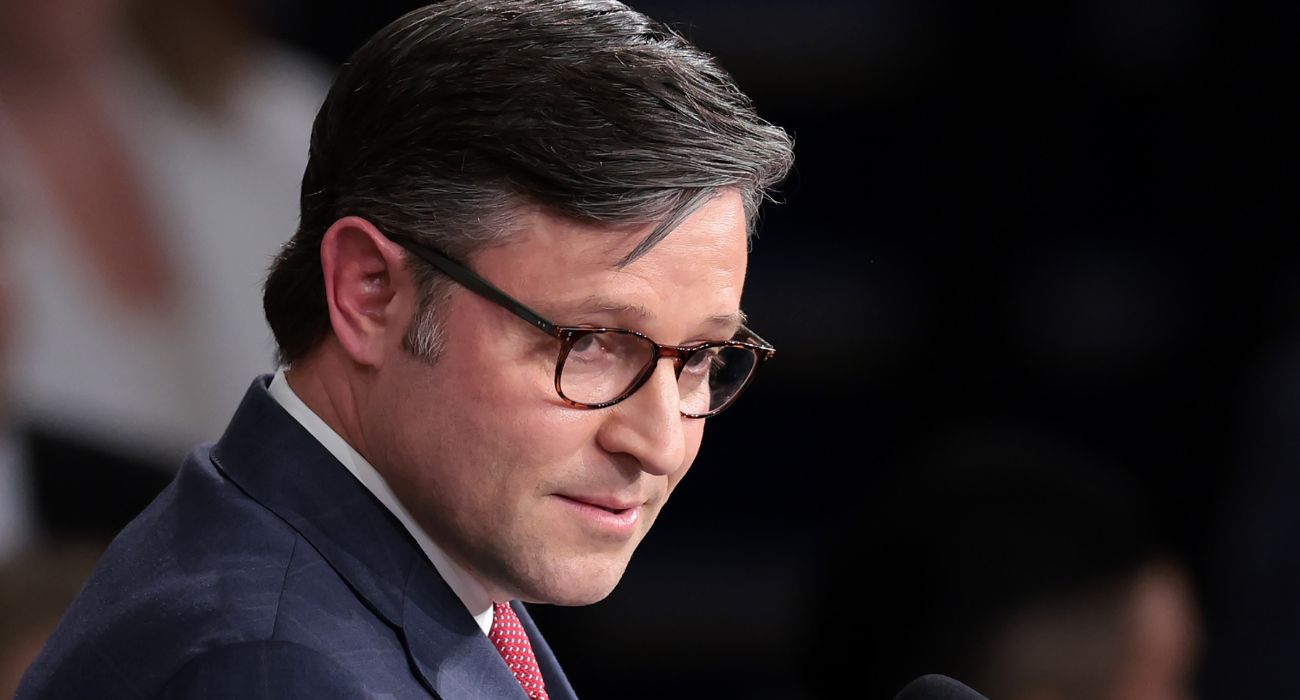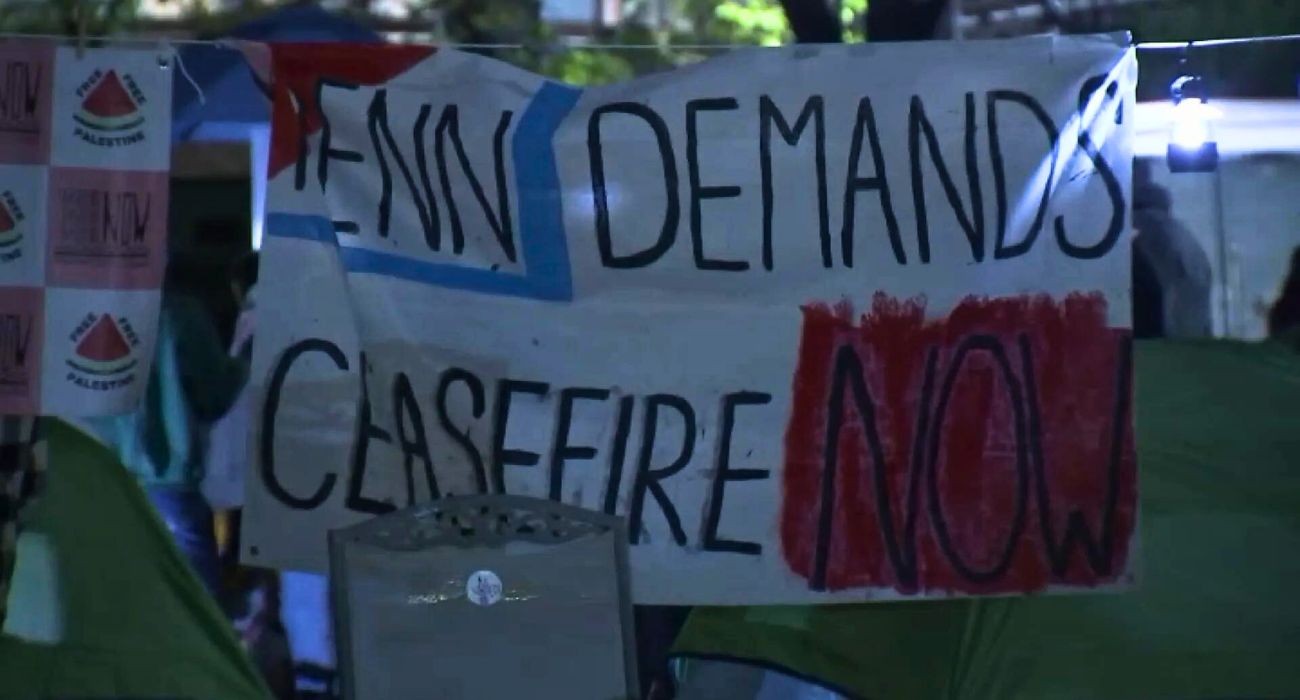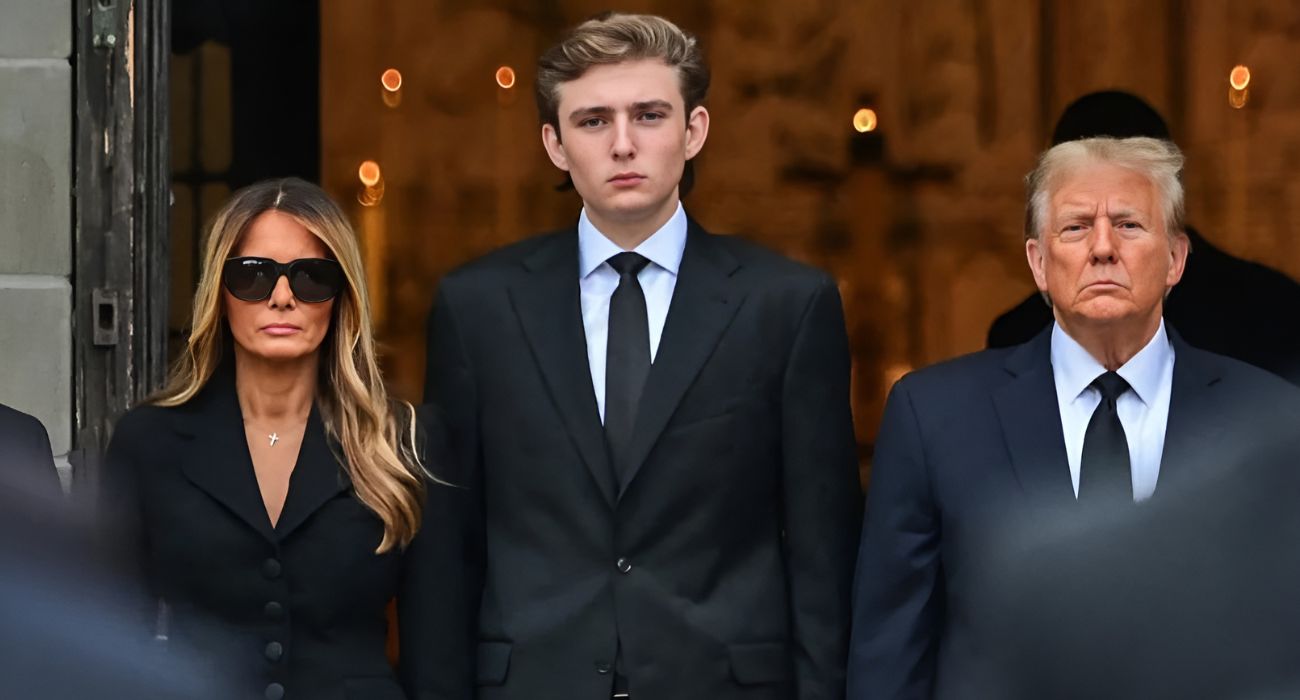House Speaker Mike Johnson took issue with the commonly accepted notion of the separation of church and state, calling it a “misnomer” not supported by the beliefs of the Founding Fathers.
“Separation of church and state … is a misnomer. People misunderstand it,” Johnson (R-LA) said on CNBC’s Squawk Box. “Of course, it comes from a phrase that was in a letter that Jefferson wrote. It’s not in the Constitution.”
“And what he was explaining is they did not want the government to encroach upon the church. Not that they didn’t want principles of faith to have influence on our public life. It is exactly the opposite.”
He then quoted Founding Fathers George Washington and John Adams speaking favorably about religion. “John Adams … said, ‘Our constitution is made only for a moral and religious people. It is wholly inadequate for government of any other.’”
Some constitutional scholars agree with Johnson, as noted by Teach Democracy. They argue that the First Amendment’s establishment clause – the source of the modern separation of church and state doctrine – is today erroneously extended to the states. They claim that the original intent of the establishment clause arose from a desire to keep the federal government from usurping states’ rights and establishing a national church or religion.
They point out that in the colonial period, 9 of the original 13 colonies supported official state religions with public taxes. When the Bill of Rights, including the First Amendment’s prohibition against laws “respecting an establishment of religion,” was ratified, it only applied to the federal government and not the states.
It was not until 1947 that the establishment clause was identified as a fundamental right that applied to the states through the Fourteenth Amendment to the Constitution. The change came through the landmark decision in Everson v. Board of Education, in which Justice Black wrote:
“Neither a state nor the Federal Government can set up a church. Neither can pass laws which aid one religion, aid all religions, or prefer one religion over another. . . . In the words of Thomas Jefferson, the clause against the establishment of religion by law was intended to erect a ‘wall of separation between Church and State.’”
The reaction to Johnson’s take on the issue has been predictably polarized. The Secular Student Alliance posted on X, formerly known as Twitter, that Johnson was advocating for religious rule:
“Speaker Mike Johnson says separation of church and state is a ‘misnomer.’ He couldn’t be more wrong. True religious freedom includes freedom from religion, not just freedom for it. We do not want a theocracy.”
Another account under username @sobroquet posted a quote attributed to Founding Father James Madison warning of religious conflict, stating, “The purpose of separation of church and state is to keep forever from these shores the ceaseless strife that has soaked the soil of Europe in blood for centuries.”
Johnson’s take did find a fair share of supporters. Martin Juergensen posted on X, “Good for Mike Johnson sharing some American historical education.”






